Uncategorised
Is Guinness good for you? 10 surprising health benefits as we celebrate St Patrick’s Day 2023
16 Mar 2021
4m
The iconic “Guinness is good for you” slogan is one of the most famous marketing messages in history.
Regardless of how accurate the claim might be, millions of people bought into the idea.
Given everything that we now know about alcohol, most of us now take it for granted that the catchphrase was probably slightly tongue-in-cheek.
But is Guinness good for you? Here’s everything you need to know.
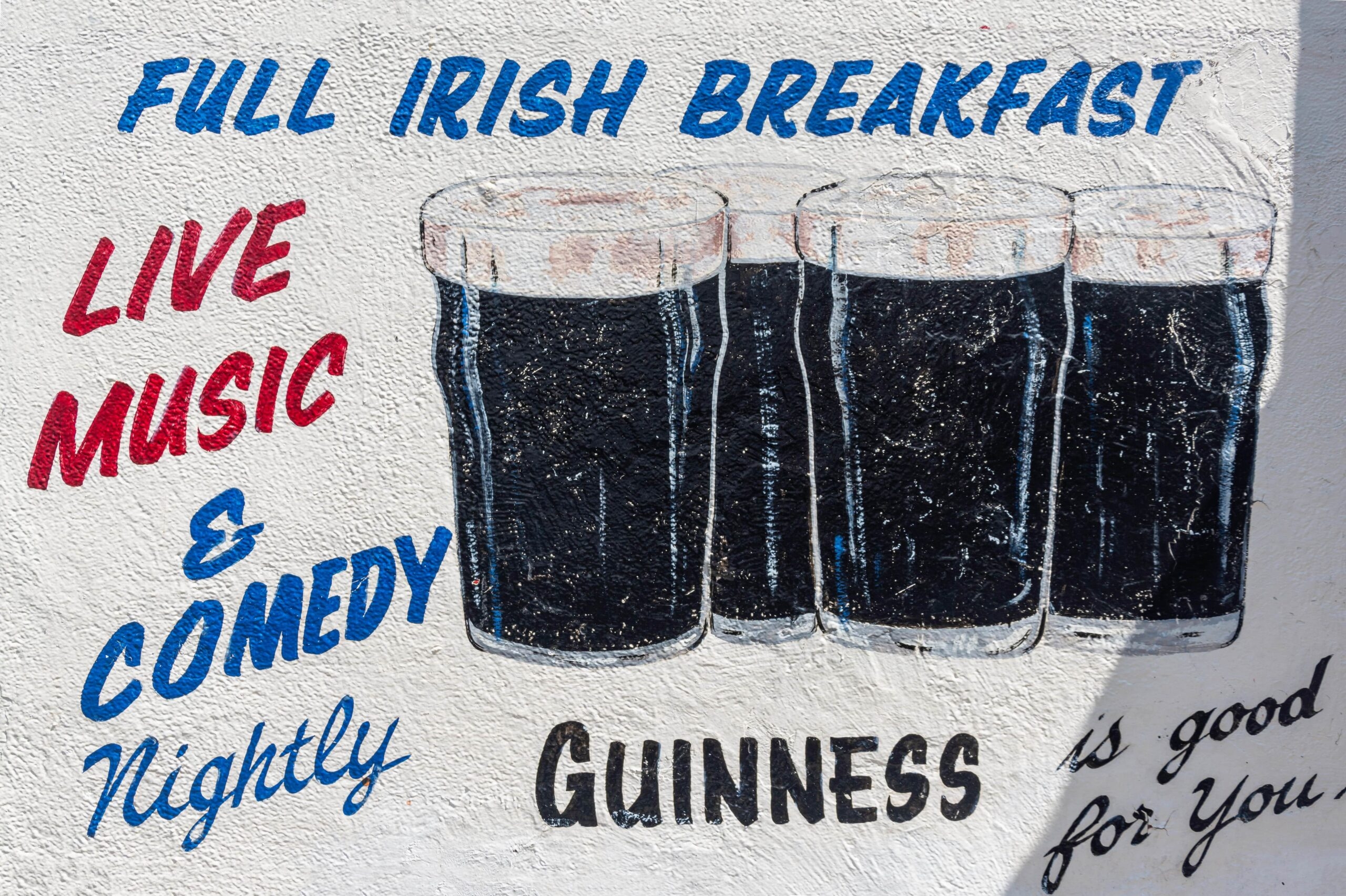 “Guinness is good for you” was a popular advertising slogan (Credit: Alamy/Greg Balfour Evans)
“Guinness is good for you” was a popular advertising slogan (Credit: Alamy/Greg Balfour Evans)
Is Guinness good for you?
As it turns out, the health properties of Guinness are actually more complex than they seem. In fact, thanks to some unique and surprising properties, the drink really can have some tangible benefits.
READ MORE: 9 surprising health benefits of drinking gin
Here, was take a look at 10 surprising health benefits of the black stuff as we celebrate St Patrick’s Day.
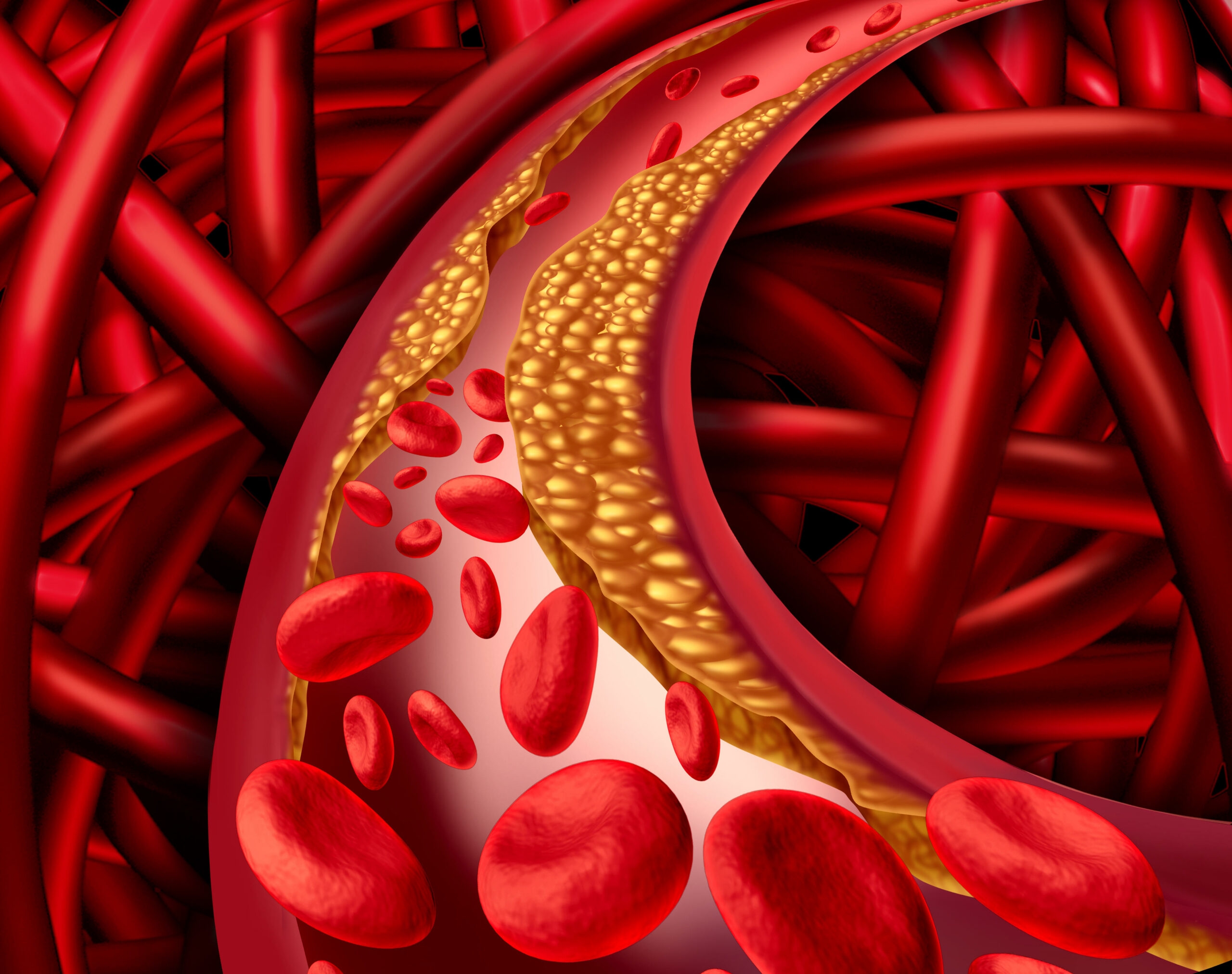 Some evidence suggests that Guinness can reduce the risk of cardiovascular disease (Credit: Alamy/Brian Light)
Some evidence suggests that Guinness can reduce the risk of cardiovascular disease (Credit: Alamy/Brian Light)
1. Antioxidants
Although alcohol definitely has its downsides, there is evidence that booze – and especially Guinness – has antioxidant properties. A 2003 study, for instance, found that Guinness could potentially cut the risk of clots forming in arteries.
READ MORE: 8 delicious foods to eat if you’re hungover
The same study suggested that other beers did not produce this effect. This means that Guinness may in fact have antioxidant qualities not found in other drinks.
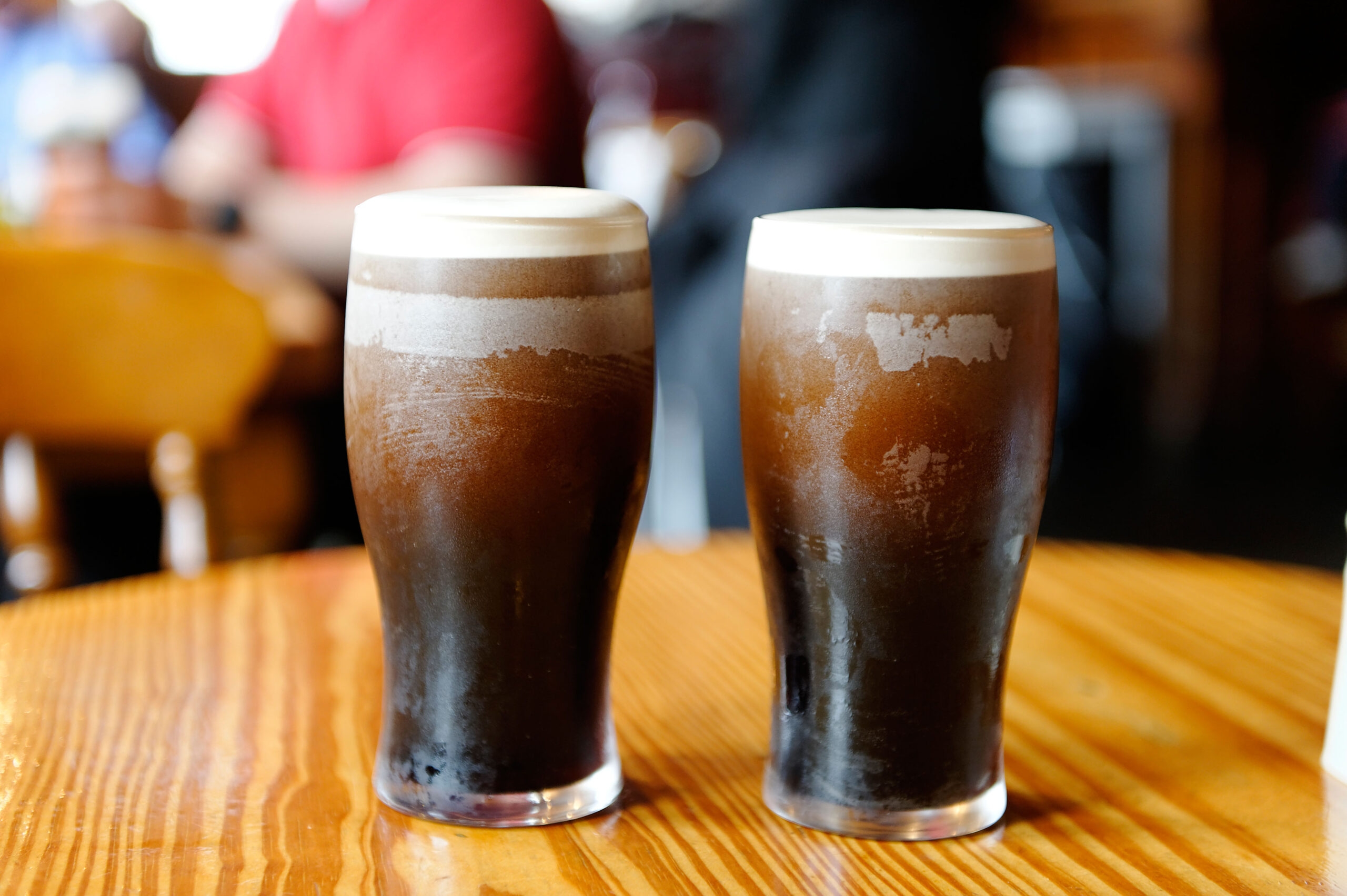 Guinness contains small levels of iron (Credit: Alamy/imageBROKER)
Guinness contains small levels of iron (Credit: Alamy/imageBROKER)
2. Iron
For decades, the supposed iron content of Guinness made it a popular choice with, among others, pregnant women.
READ MORE: 8 indulgent recipes that will help cure your hangover
We now know that pregnancy and pints are not an advisable combination. However, Guinness does contain approximately .3 mg of iron per pint, which is nothing to be sniffed at.
 The popular drink is one of Ireland’s best-known exports (Credit: Alamy/Newscast Online Limited)
The popular drink is one of Ireland’s best-known exports (Credit: Alamy/Newscast Online Limited)
3. Low Calories
Despite tasting like alcoholic cream, Guinness is surprisingly low in calories. In fact, a pint only contains around 15 more calories than a Bud Light, making it a great option for the calorie-conscious.
READ MORE: Gin really does make you cry, according to new research
The drink’s signature thick, velvety finish is actually due to a combination of nitrogen and carbon dioxide, rather than any excess carbs.
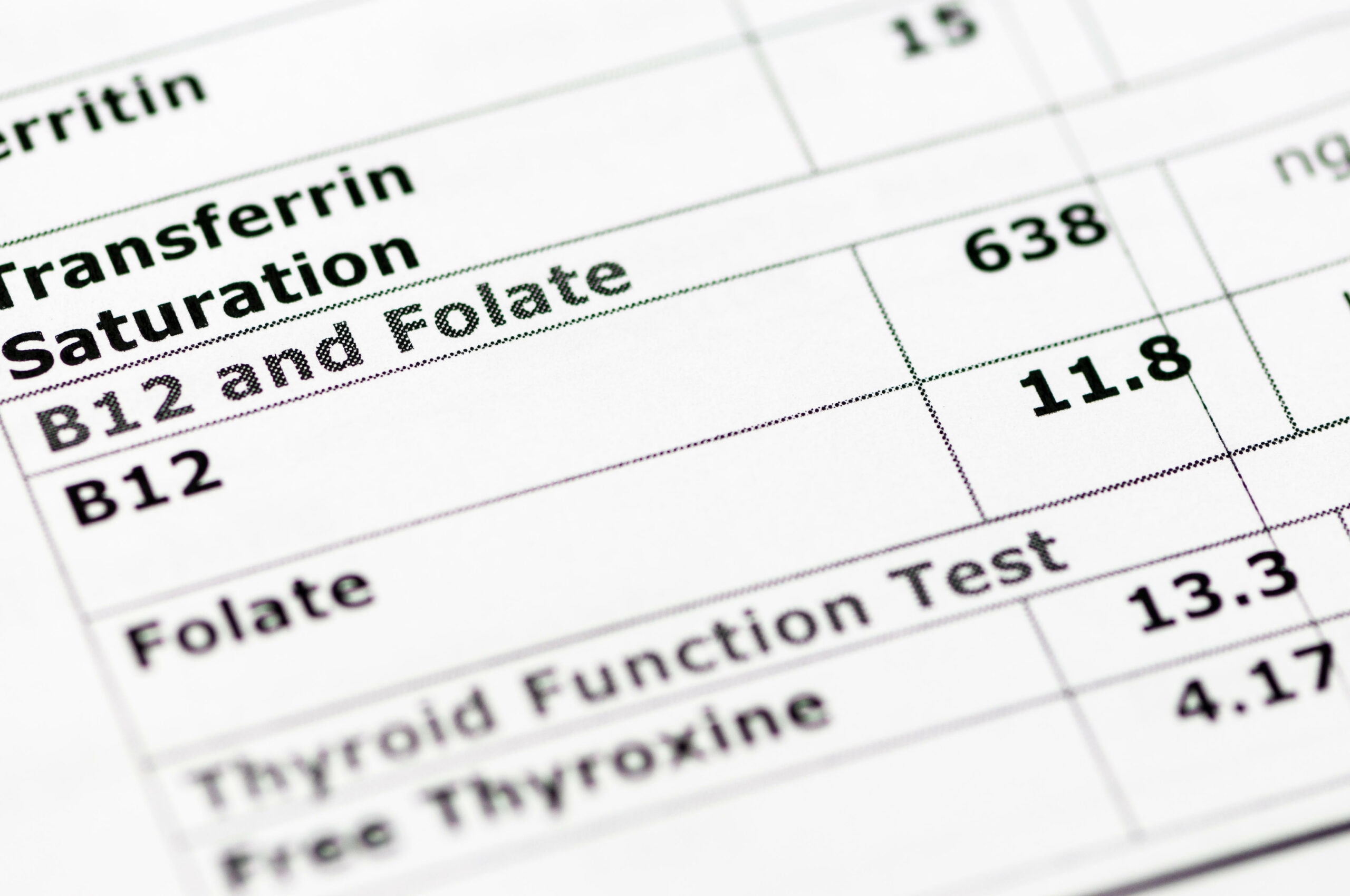 Folate is an essential chemical in making DNA (Credit: Alamy/Stephen Barnes/Medical)
Folate is an essential chemical in making DNA (Credit: Alamy/Stephen Barnes/Medical)
4. Folate
Although folate may not be the most glamourous chemical, it’s certainly one of the most important. Our body needs folate in order to make DNA, making it pretty indispensable.
READ MORE: The 7 most expensive drinks in the world
It just so happens that Guinness contains more folate than just about any other beer. Drink up.
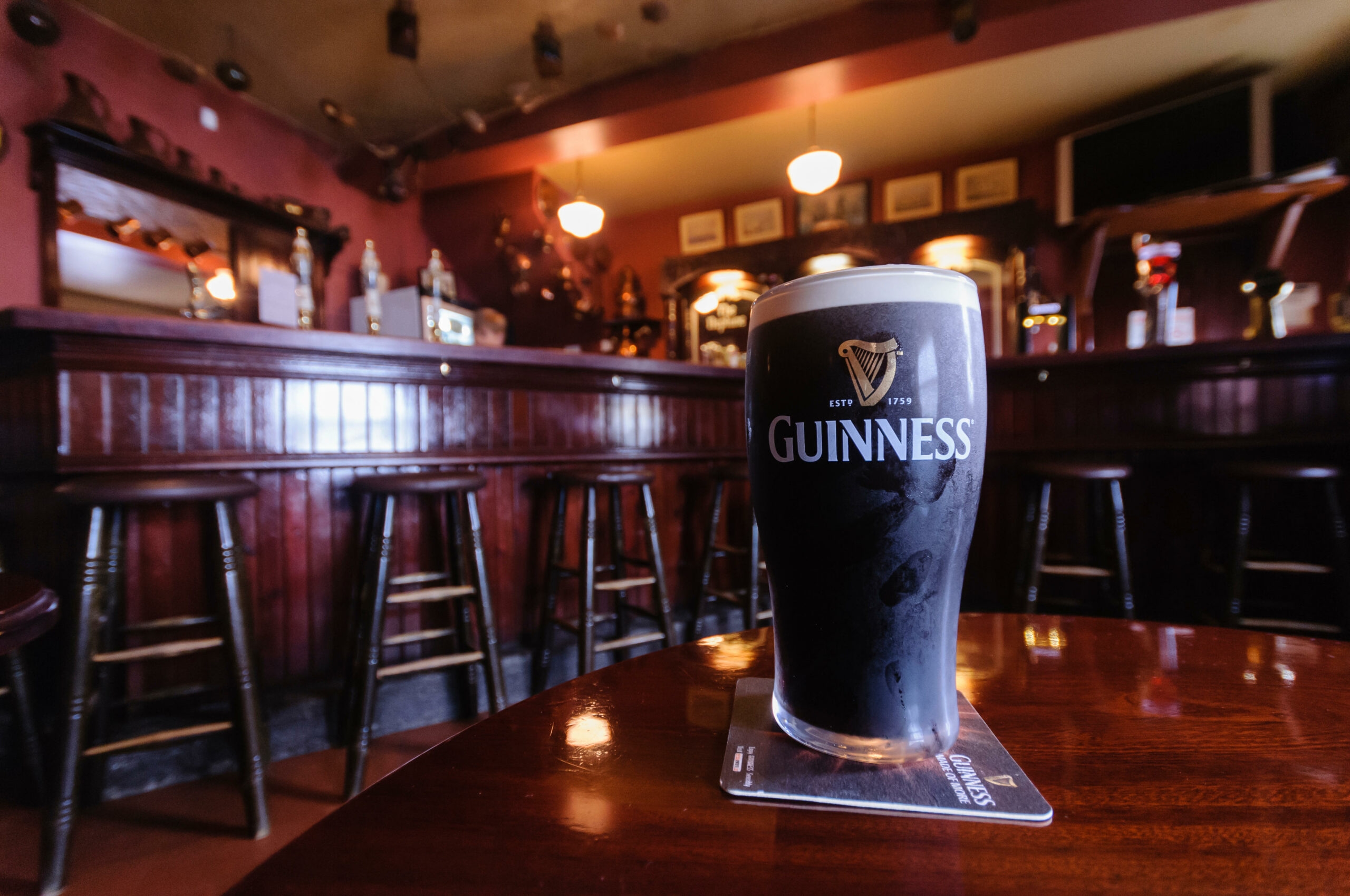 Guinness is comparatively high in fibre (Credit: Alamy/Stephen Barnes)
Guinness is comparatively high in fibre (Credit: Alamy/Stephen Barnes)
5. Fibre
Since its primary ingredient is Barley, Guinness is also a great source of fibre. A 2018 CNN report found that the drink has some of the highest levels of fibre found in any beer.
READ MORE: Here are the worst shots you can drink on a night out
This means that Guinness can potentially aid digestion, as well as bring other benefits of fibre.
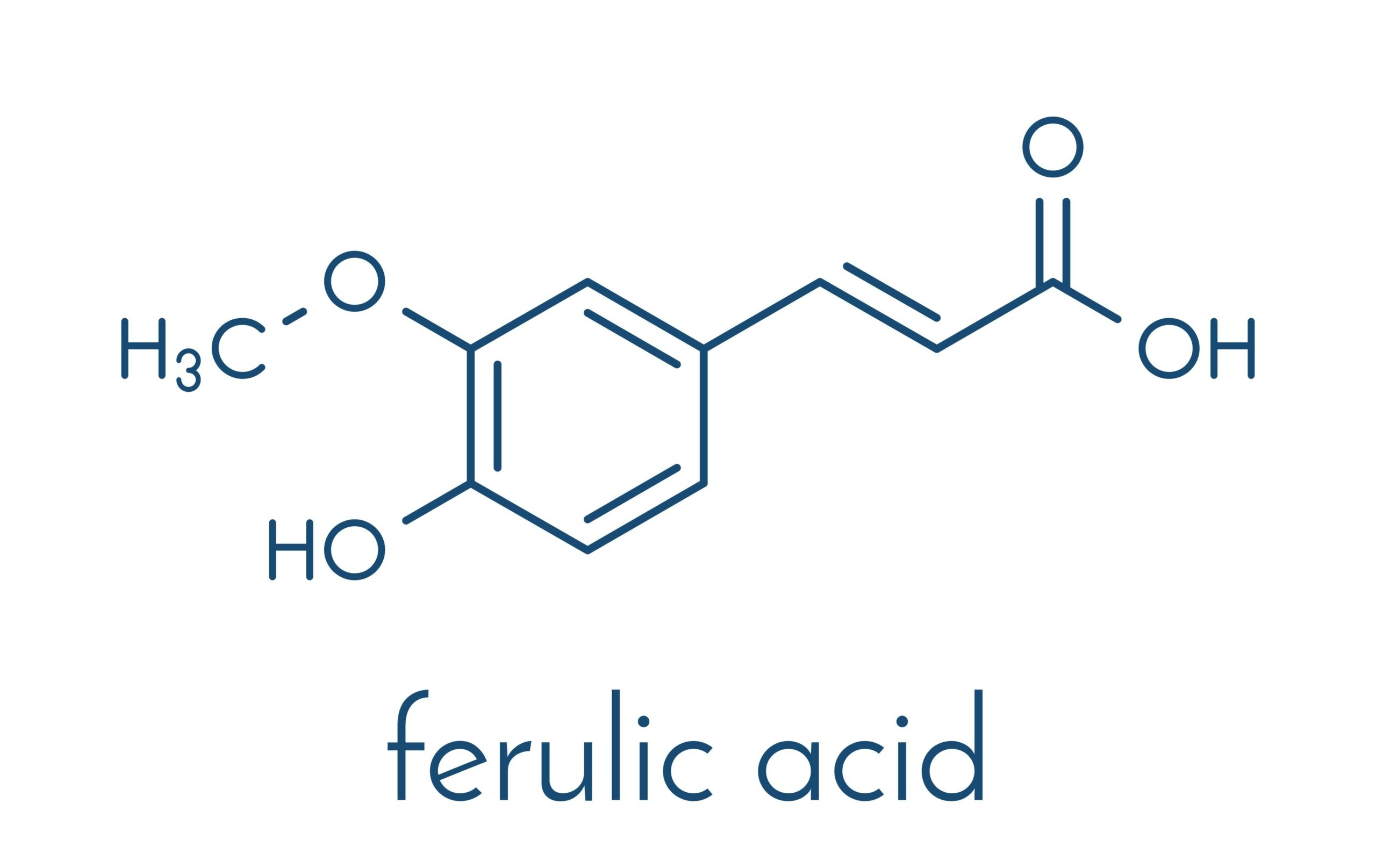 Ferulic acid can help improve immune function (Credit: Alamy/molekuule.be)
Ferulic acid can help improve immune function (Credit: Alamy/molekuule.be)
6. Ferulic Acid
High levels of barley don’t just mean that Guinness is a good source of fibre. The grain also makes the drink rich in ferulic acid.
READ MORE: 7 amazing health benefits of giving up alcohol
Although it might not sound especially healthy, ferulic acid is associated with improved immune function, according to Medical Daily.
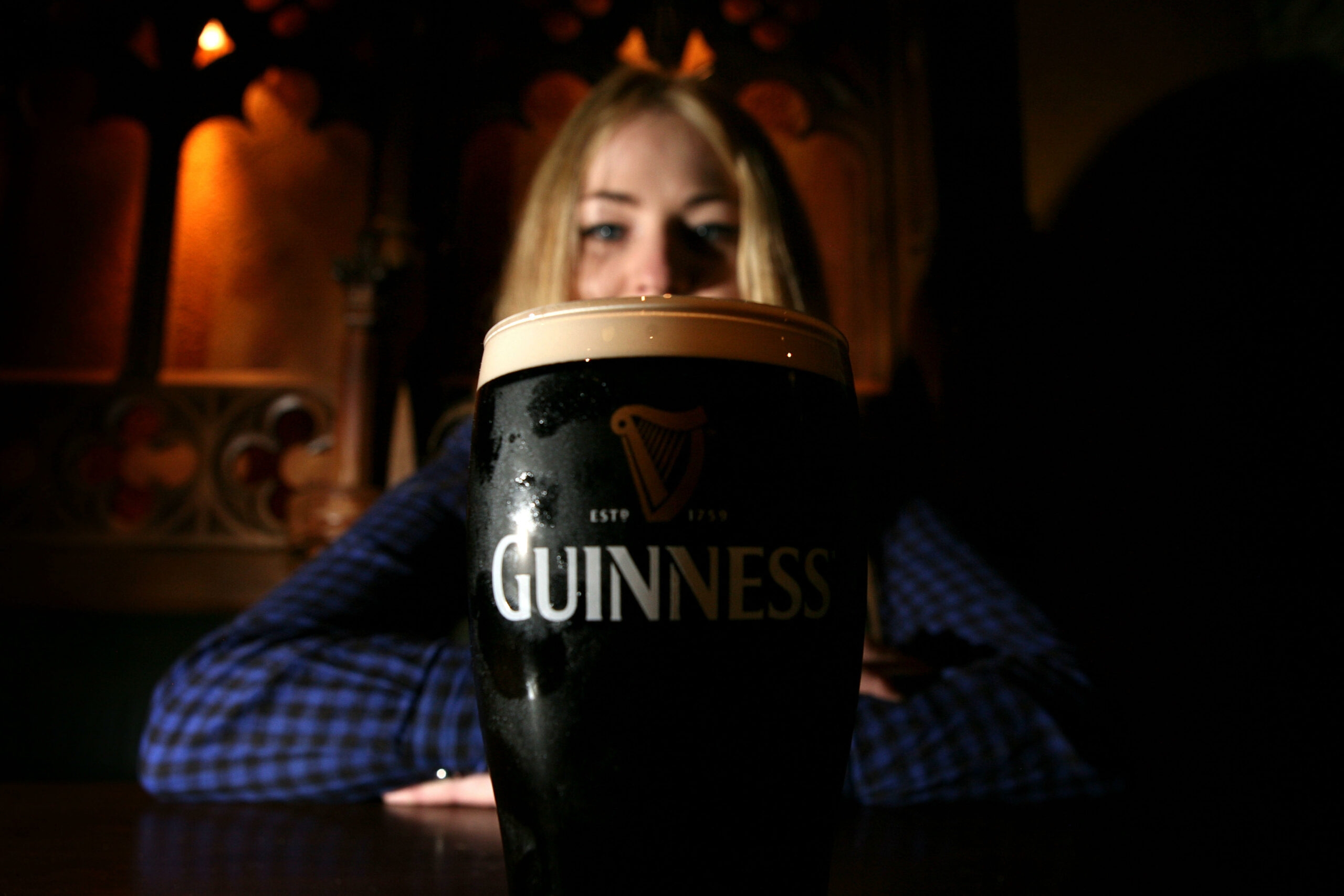 Guinness is relatively rich in B vitamins (Credit: Alamy/Chris Bull)
Guinness is relatively rich in B vitamins (Credit: Alamy/Chris Bull)
7. B Vitamins
Thanks to its unique malting process, Guinness actually contains all the different B vitamins, with the exception of B12.
READ MORE: 7 rare food allergies you never knew existed
These crucial vitamins have a direct impact on, among other things, energy levels, brain function and cell metabolism. While Guinness isn’t necessarily the best source for B vitamins, the fact that they are there at all is a definite plus.
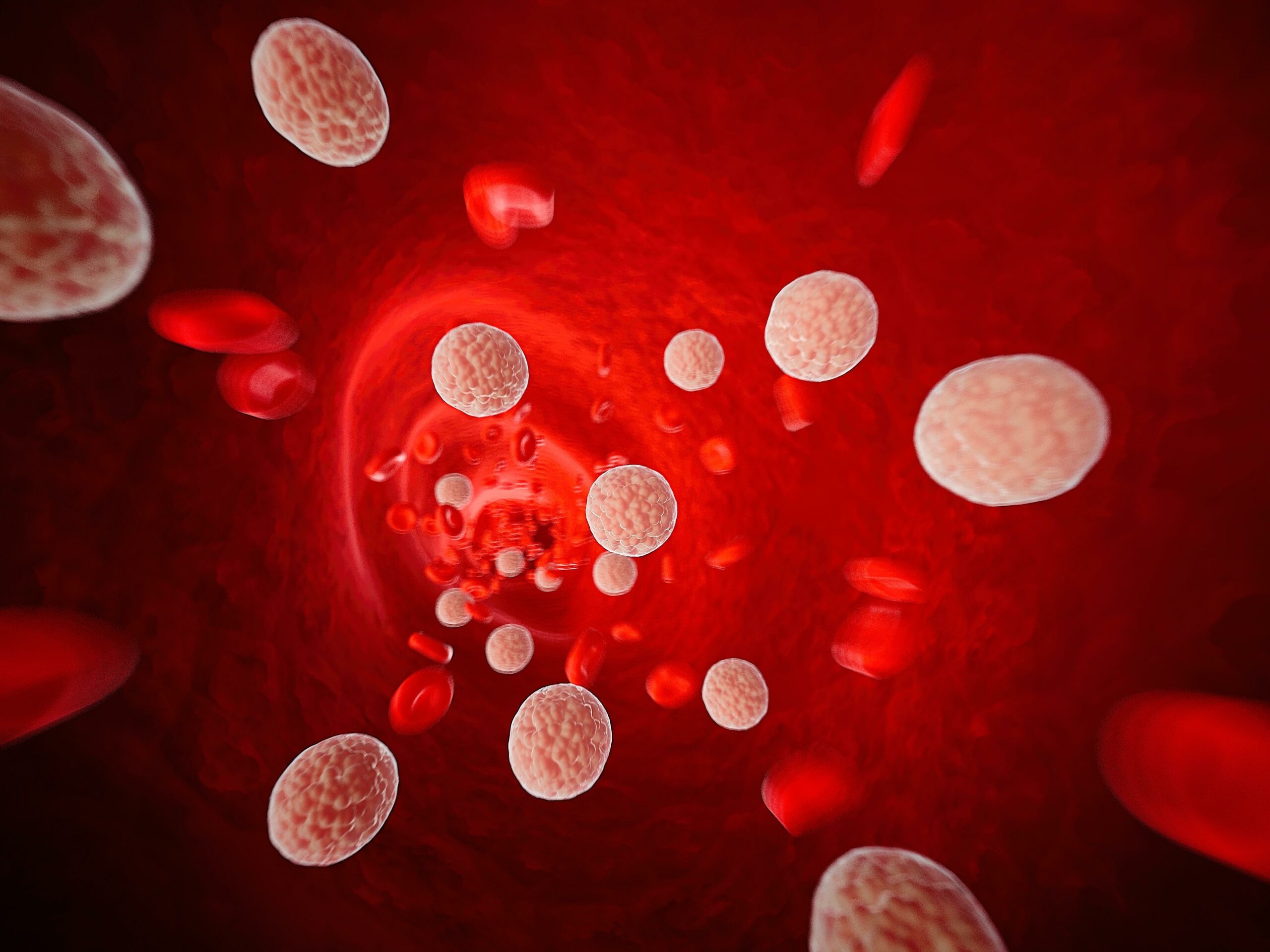 High levels of LDL cholesterol can lead to health problems (Credit: Alamy/Science Photo Library)
High levels of LDL cholesterol can lead to health problems (Credit: Alamy/Science Photo Library)
8. Cholesterol
Soluble fibre of the sort found in Guinness has other benefits besides digestion. Studies have shown that the substance can actually help reduce “bad” LDL cholesterol in the body.
In addition, soluble fibre can help balance both blood cholesterol and blood sugar levels.
 Guinness contains silicon (Credit: Alamy/Ros Drinkwater)
Guinness contains silicon (Credit: Alamy/Ros Drinkwater)
9. Silicon
Dietary silicon is an important component in maintaining bone density and health. Evidence also suggests that it’s an important part of maintaining healthy teeth and nails.
Fortunately, Guinness is a good source of silicon.
 Although alcohol has downsides, it can also have surprising health benefits – in small quantities (Credit: Alamy/PetaPix)
Although alcohol has downsides, it can also have surprising health benefits – in small quantities (Credit: Alamy/PetaPix)
10. Alcohol
Despite the undoubted downsides to drinking booze, there are some surprising benefits to including alcohol in your diet.
In moderation, the chemical can reduce your risk of developing heart disease. While there are obviously other factors at play, the occasional pint of Guinness won’t do you any damage in this department.
READ MORE: How to tell if your drink has been spiked
It’s important to note that there have been, to date, no peer-reviewed studies proving the health benefits of Guinness. Still, given the circumstantial evidence, it’s fair to suggest that the drink does have more going for it than other booze.
So, this St Patrick’s Day, you can kick back with a pint and feel slightly superior about your health. Even if it’s all an illusion, it will certainly make the hangover easier to handle.



